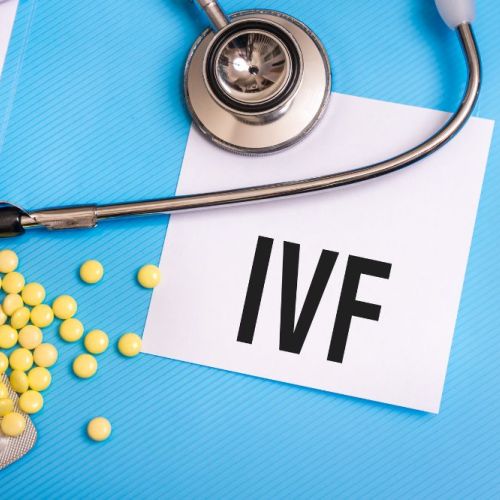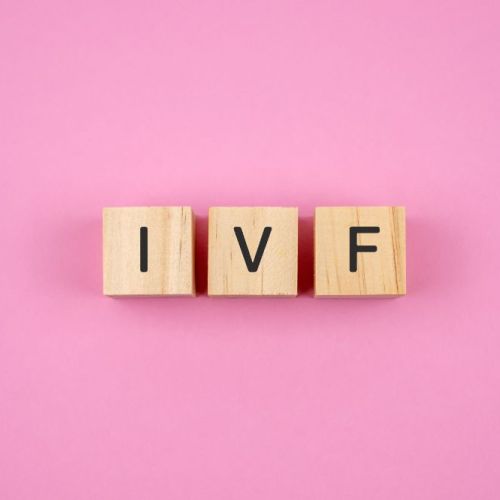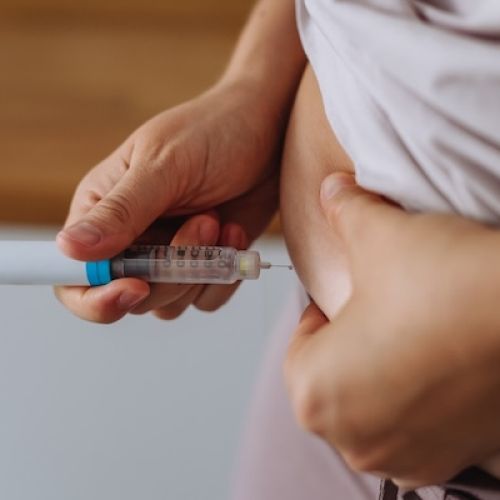How Many Eggs Does a Woman Typically Have?

The quantity and quality of your eggs is a big factor in your ability to conceive. A person who has ovaries is born with all the eggs they’ll ever produce. Egg cells do not regenerate.
How old a woman is and her health influence how many eggs she has at a given point in time. At the California Center for Reproductive Health, we consider your egg quality and quantity when recommending specific fertility treatments.
Here’s how many eggs a woman typically has as she moves through various phases of life.
At birth
When a female baby is born, she has about 1-2 million eggs in her ovaries. As she heads toward puberty, this number of immature egg cells, known as oocytes, drops by about 11,000 each month.
At menstruation
The eggs are not fully mature until a girl begins menstruating, usually around age 12-13. At this point, a girl has about 300,000-500,000 eggs. This number decreases steeply every month. Every month, a woman loses more eggs through ovulation and menstruation.
During adulthood
A woman’s fertility peaks in her mid-20s. She has a 25-30% chance of becoming pregnant each month. As she approaches her 30s, the quality and quantity of her eggs drop notably. By age 32, a woman has just about 120,000 eggs.
Rapid decline in fertility
As a woman ages and heads toward 40, her egg quantity drops considerably. By age 37, she has just about 25,000 eggs.
At age 40
By age 40, a woman has only a 5% chance of conceiving naturally in any given ovulation cycle. It can also be harder to successfully conceive through in vitro fertilization. Using eggs donated from a younger woman can increase the success rate of fertility treatments.
Older eggs are usually less viable. This is because every month, prior to ovulation, your eggs divide. Older eggs are more likely to suffer damage during this division process and end up with abnormal chromosomes.
If a woman is able to get pregnant naturally when she’s well into her 40s, it’s likely she was one of those women born with closer to 2 million eggs, so her egg supply diminished less dramatically.
At menopause
By time a woman reaches menopause, she has fewer than 1,000 eggs. When this supply dwindles down to zero viable eggs, your ovaries quit making estrogen and you pass through menopause – the end of fertility.
Women in the United States reach menopause around age 52, on average. But, your exact menopause time depends on the number of eggs you had at birth and how quickly you lose them.
Why you lose eggs
During ovulation, your ovaries release eggs to be possibly fertilized by sperm. Each month, your body pinpoints one egg out of the approximately 1,000 released to become the dominant follicle. The other eggs in this cycle that are released, but not chosen as dominant, simply die off.
So every month, you lose about 1,000 eggs. Smoking and certain chemotherapy and radiation treatments can accelerate egg loss.
If you’re having trouble getting pregnant, talk to our team at the California Center for Reproductive Health about your ovarian reserve and your egg quality. We can offer solutions like egg donation when your egg quality and quantity aren’t up to par.
And, if you’re younger with a good egg supply, but aren’t ready to start a family quite yet, talk to us about freezing your eggs for later pregnancies.
Call one of our offices in Encino, Valencia, Alhambra, or West Hollywood, California, to set up an appointment. Or you can reach out via this website.




